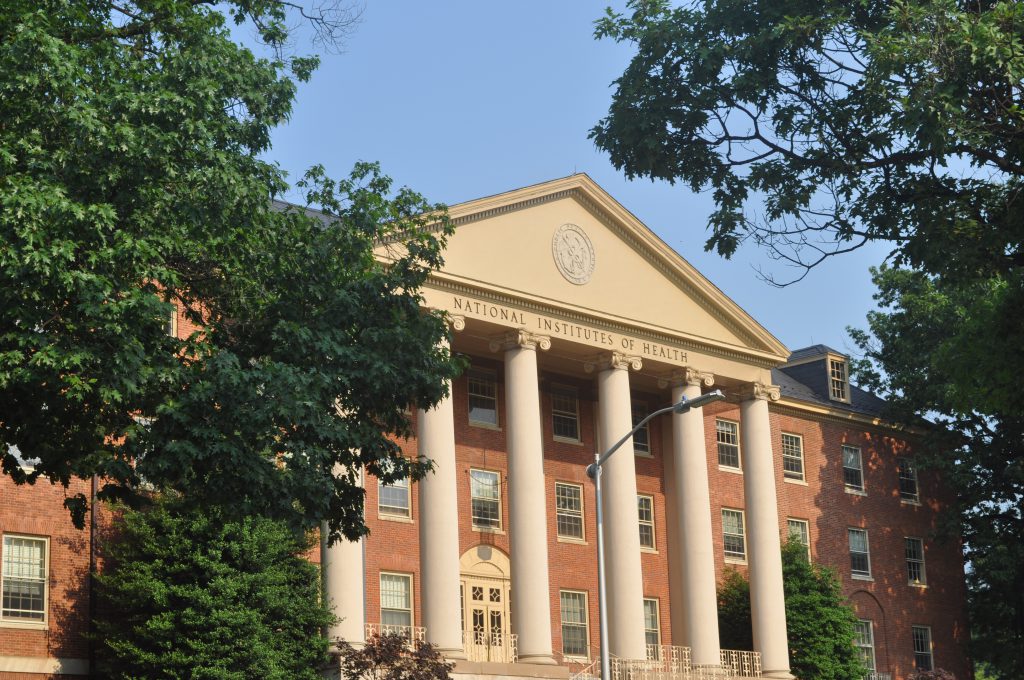NIH-Funded Opportunities to Address Application of Artificial Intelligence to Health
Learn more about behavioral science and the Bridge to Artificial Intelligence (Bridge2AI) program

To propel the adoption and application of artificial intelligence (AI) to help address issues related to human health, the National Institutes of Health (NIH) is introducing the Bridge to Artificial Intelligence (Bridge2AI) program. Psychological scientists and other behavioral science experts are specially invited to learn more about and apply to this program, which will create data sets, tools, ethics, and standards to turn the data collection process into computable knowledge accessible for machine learning activities. The program will offer funding opportunities to interested applicants and additional opportunities for involvement through scientific meetings.
Bridge2AI will bring together technology experts with behavioral scientists, humanists, and biomedical research experts to bring solutions to deficits by:
- Generating new flagship biomedical and behavioral data sets that are ethically sourced, trustworthy, well-defined, and accessible
- Developing software and standards to unify data attributes across multiple data sources and across data types
- Creating automated tools to accelerate the creation of FAIR (findable, accessible, interoperable, and reusable) and ethically sourced data sets
- Providing resources to disseminate data, ethical principles, tools, and best practices
- Creating training materials and activities for workforce development that bridge the AI and biomedical research communities
Central to the program will be the implementation of machine learning and the creation of data sets/best practices for analysis. While there is a wealth of data on human health, most is incomplete and not effective for machine learning.

In a special message to APS members, Christine Hunter, the deputy director of the Office of Behavioral and Social Sciences Research at NIH and a psychological scientist, shared her views on the importance of the program and the exciting opportunity it presents for behavioral and social science researchers.
Says Hunter:
“Bridge2AI aims to bring together diverse teams that span multiple fields, including experts in biomedical, behavioral, and social science, ethicists, engineering, and experts in team, computer, and data science. Interdisciplinary teams that include behavioral and social scientists are required for the creation of truly multimodal datasets that are also artificial intelligence and machine learning-friendly and can be interrogated to answer ‘grand challenges’ in biomedical and behavioral research. For example, one grand challenge in the data generation OTA-21-008 funding opportunity includes precision public health and the need to understand how ‘multiple societal dimensions and contexts interplay with biological and behavioral factors to influence health in specific populations.’”
Psychological scientists interested in the program should visit the program page regularly and sign up for email notifications to stay up to date on developments and opportunities for engagement. The program hosts scientific meetings on the topic which can be accessed in the ‘Scientific Meetings’ link below.
“Bridge2AI is an exciting opportunity for behavioral and social scientists to integrate with other fields in innovative ways to answer important questions,” says Hunter.





APS regularly opens certain online articles for discussion on our website. Effective February 2021, you must be a logged-in APS member to post comments. By posting a comment, you agree to our Community Guidelines and the display of your profile information, including your name and affiliation. Any opinions, findings, conclusions, or recommendations present in article comments are those of the writers and do not necessarily reflect the views of APS or the article’s author. For more information, please see our Community Guidelines.
Please login with your APS account to comment.